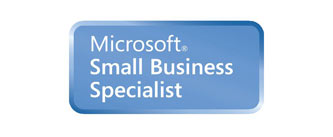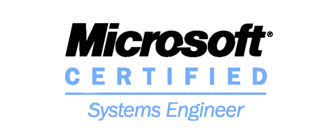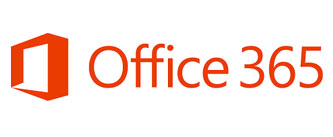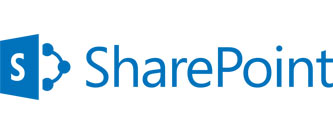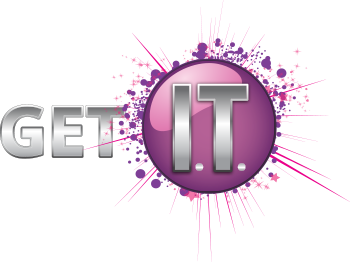VOIP Services Auckland
What is VoIP?
VoIP is short for Voice over Inter Protocol. Simply put, it’s the ability to encode your voice, convert this to data which is then sent over a local network or internet connection to a remote device where it’s turned back into sound. Most people have heard of Skype and instantly think of this when they hear the word VoIP, Skype is VoIP product but not a true VOIP solution.
I want to get into VoIP – what do I need?
You have three options. A PC based softphone, a standalone VoIP phone or an adapter that allows you to use a regular analogue telephone.
A SIP VoIP phone looks similar to a regular desktop phone, It plugs straight into an Ethernet port and is completely separate from your PC. A VoIP phone offers the best call quality, and is our recommended solution.
You could use a Softphone. This allows you to use a headset plugged into your PC with a PC based phone application to make or receive calls. Call quality can be unpredictable and fine tuning is required to ensure you don’t suffer problems with echo, and your computer always needs to be switched on to make and receive calls.
An ATA (analogue telephone adapter) that sits between your internet connection and a regular corded or cordless phone to make calls. This is completely separate from your PC and it doesn’t need to be switched on to make calls. The call quality will typically be very good but may require some fine tuning with some phones to eliminate issues such as echo.
The main advantages of a true VoIP phone over an ATA are;
The ability to have dedicated keys for phone functions (such as voicemail)
$ The fact many phones these days have large LCD screens allowing you to do cool things.
$ Call quality of a true VoIP phone will also typically be superior.
So why would I want to move to VoIP?
Many people are also moving towards VoIP based solutions due to significant savings that can be made due to the cheaper calling rates available from VOIP Services Auckland. VoIP providers offer calling rates of around 5c per minute for national calls and to many international destinations. Calls between users on the same VoIP network are also typically free, no matter where in the world they could be located.
If you have multiple branches or offices then users can all have extensions off the same VOIP PBX and make calls between extensions for free. You can also have phone numbers in different cities all linked back to a single PBX. These features can be done with existing analogue phones and phone lines but can’t be done as easily or as cheaply as it can with VoIP.
The reality is that all voice calling is moving towards VoIP. In around 5 years time Telecom will have moved most of it’s voice calling to VoIP equipment. Right now both Vodafone and Orcon are doing this on their Orcon+ and Vodafone Red networks however neither network will allow you to connect a VoIP phone or ATA directly to their VoIP network, you’re stuck with having to use a regular analogue phone running off your incoming phoneline.
You could be anywhere in the world that has an internet connection and have a remote extension that works just like you’re in the office. If you have a WiFi & VoIP capable mobile phone you can connect to a WiFi hotspot in New York and make and receive calls without incurring any costs other than the cost of your WiFi connection and avoid extremely costly mobile roaming costs for voice calls.
So how much will it cost me to move to VoIP?
The move to VoIP can be done in many different ways. You could replace all your existing phones and use the VOIP PBX. This will give you all the features you’d come to expect from a traditional PBX such as call transfers, music on hold, auto attendant etc. but then offer plenty of other features such as voicemail (with the ability to have your voicemails sent straight to email), realtime call analysis and reporting, click to dial from your Outlook contacts list and the ability for run PC based software so a receptionist can view the status of all users and transfer calls all with the click of a mouse.
If you’re just wishing to have a VoIP option for cheaper calling rates then an ATA can be hooked up to an existing PBX to allow routing of calls via a VoIP services provider who offers cheaper calling rates than your existing provider. This is also a cheap way of giving yourself access to other markets, if you’re a business who has customers in Australia for example you could register this ATA with an Australian VoIP provider and allow your customers to ring you on an Australian number rather than them having to call New Zealand.
What are the catches?
The biggest catch when it comes to VoIP is the quality of the hardware you are using and the quality of the network and internet connections you are using. Most people in NZ receive broadband using an ADSL connection and the quality of this connection will determine how well your VoIP will work. If you’re a business customer then a higher quality connection such as VDSL or fibre optic connection will improve the quality of a VOIP solution.
If you have any other questions, or would like more information, feel free to contact us at info@wizard-it.co.nz
Explore Wizard IT Services Auckland
IT Support Auckland | Computer Support Services | Server Support Services | Data Recovery & Backup Solutions | Cloud Services | VoIP Services Auckland

